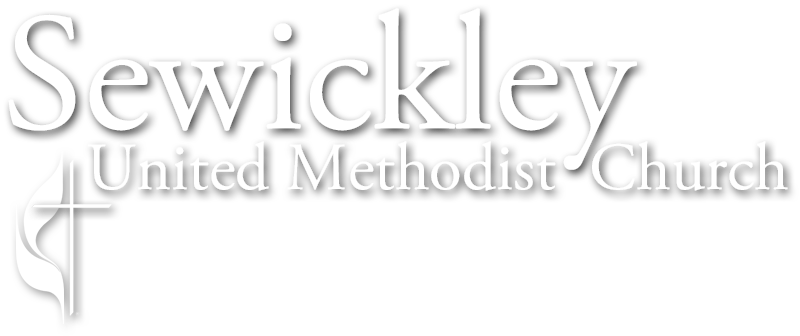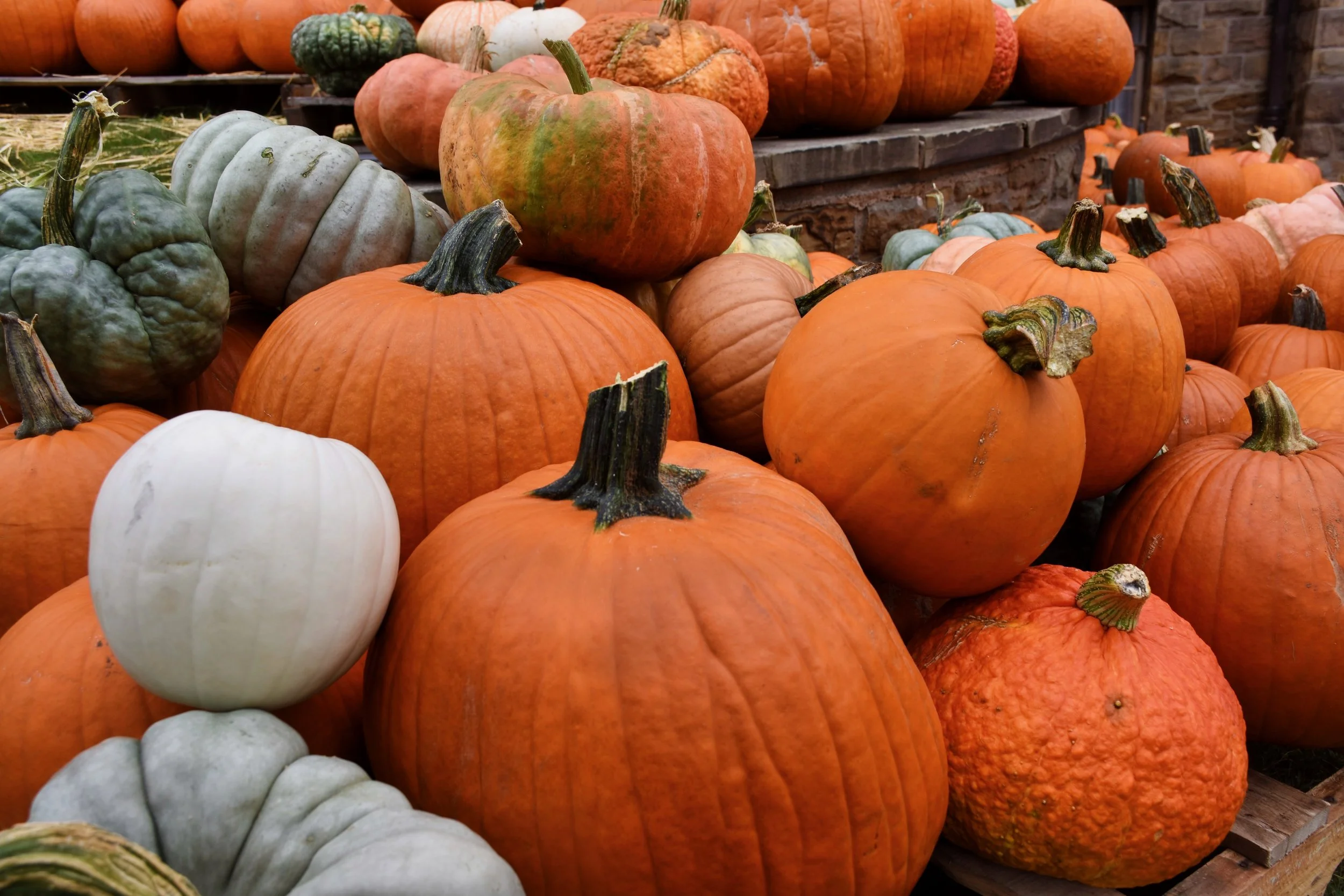So, has anyone noticed the big round orange things on our front lawn? They are a little hard to miss! Thank you to everyone who helped put them there! It was a team effort! We would still be unloading the truck if only a couple of us showed up to do the work. But this has always been my favorite thing about this church—so many show up to do the work, and it is good work! However, we also know that throughout the month of October that work must continue with many hands on deck.
One of the important aspects of caring for the pumpkins is removing the rotten ones. When pumpkins begin to rot, there is no stopping them. If we do not work quickly to isolate those pumpkins and get them away from the healthy ones, the rot will spread.
Do you know that in the prison system, they use this same technique as a punishment? If you are particularly rotten, you will go into isolation. Now, here is where you might think I am going to make an analogy between people and pumpkins, but the obvious truth is, we are not pumpkins. People do not fare well in isolation. It is actually the opposite that has proven to be most effective at stopping the rot from spreading in people and in communities. The opposite of isolation is togetherness.
For instance, in the Bambea tribe of South Africa, when a person does something wrong or harmful to another, they are put in the middle of the village. They are not shackled or tethered to the ground—they are simply led there. Everyone in the village will then stop their work and form a circle in the center of the village around this person. For two days, the tribe will remind this person of their humanity through recounting all the positive memories of them. This tribe and others in South Africa believe that a person is born good. Thus, it is believed that unity and affirmation have more power to change a person than punishment and shame. This technique is understood as ubuntu, which means “humanity toward others.”
You might recognize this word, as it is often used by one of our very own, Otis McAliley. So often, the first response we want to have toward the “rotten” is to remove them from our community. Jesus did not go away from those who did bad things—Jesus went toward them and reminded them of their humanity by the way he loved them. He sat with them, ate with them, talked with them, healed them, and gave them his time and attention. Now, not all were changed. However, Jesus was not deterred by their unwillingness to wake up. He still continued to do the thing he knew would reveal the goodness in a person’s heart and not amplify the rot within them.
As the church, this is the job we are called to carry on. Like unloading the pumpkins, this is a lot of work. This is also the type of work that comes with risks. Both things mean we have a better chance of success when all hands are on deck. I pray you do not grow so weary of the state of humanity that you choose isolation over community. We need Jesus, and Jesus is found in each other, as we are the body of Christ.
Over this month of October, there will be many opportunities to engage with others. The more opportunities you take, the more nice things you can store up to whisper to someone when they need it the most. Ubuntu!
From one light to another,
Pastor Hannah Loughman

